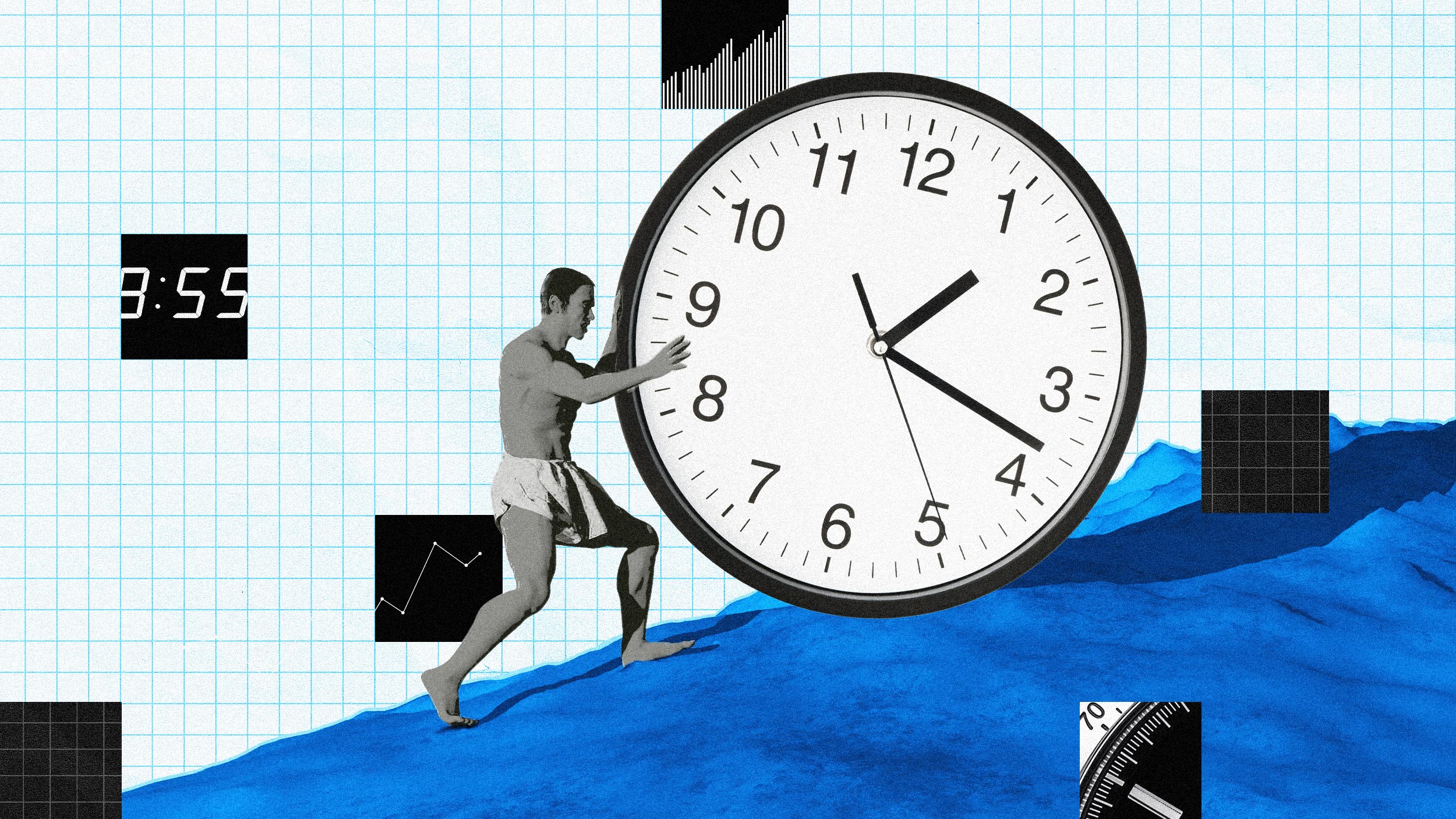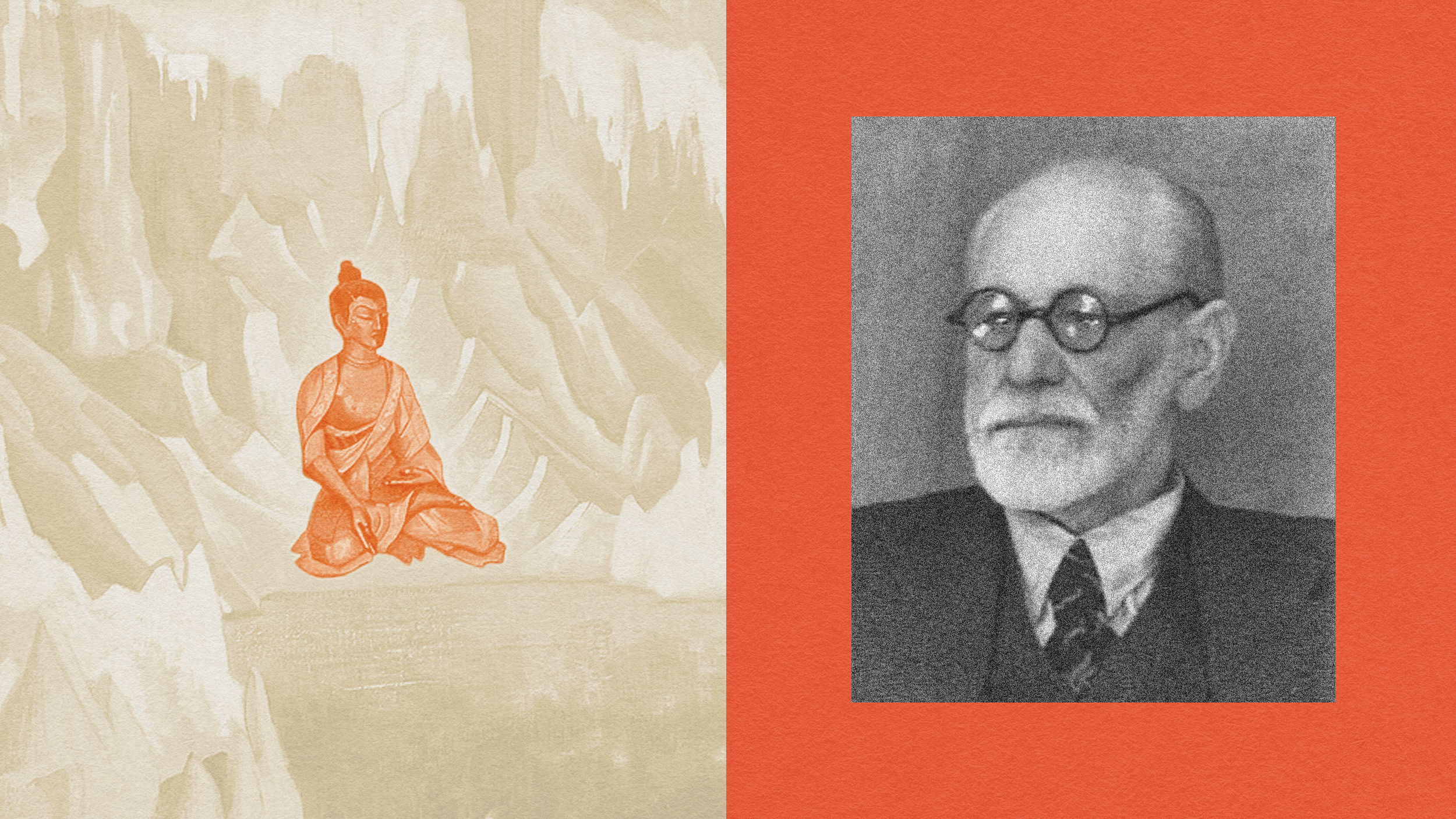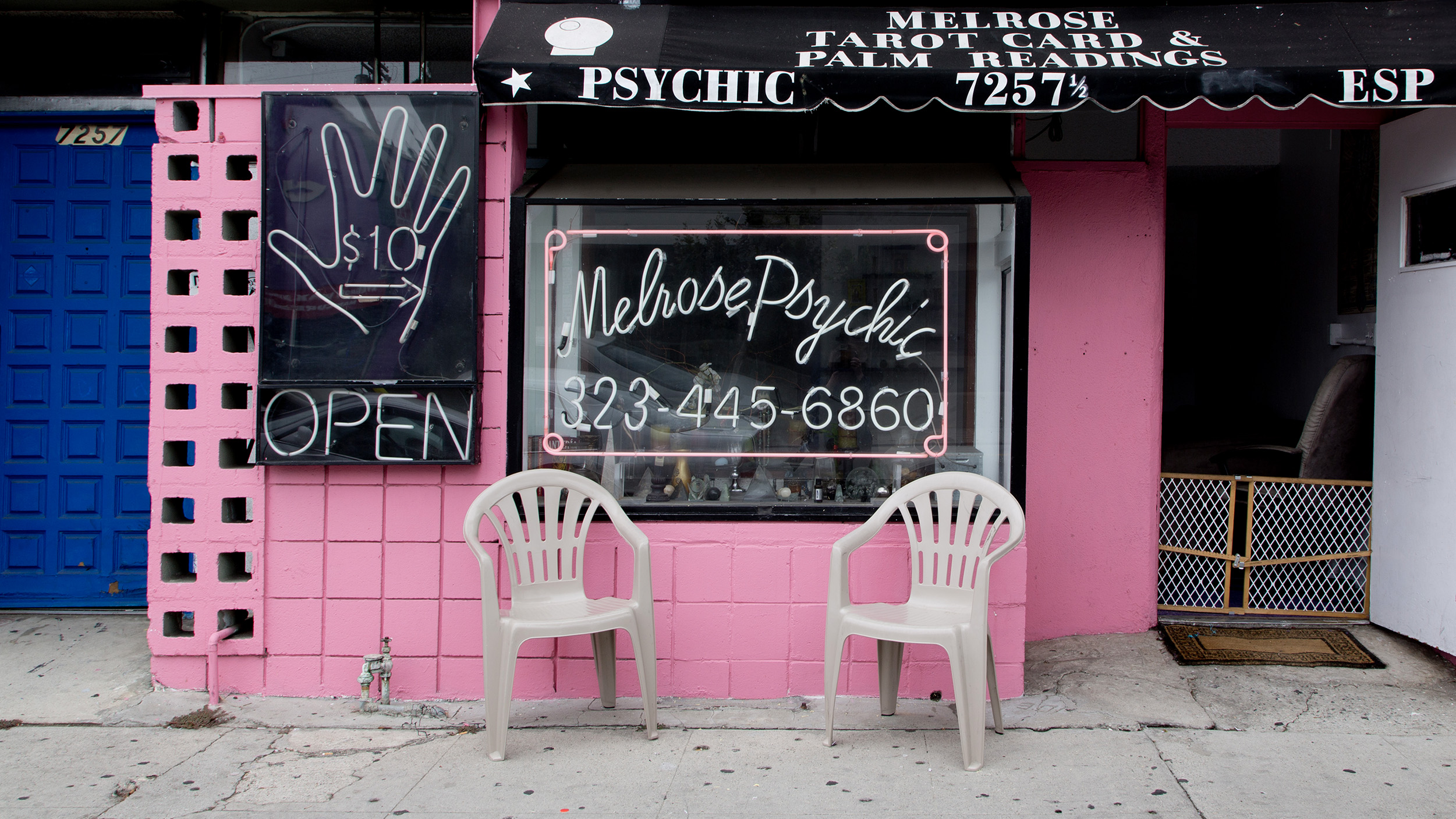Our society reveres celebrities like gods, but if they are gods, jokes Columbia law professor Tim Wu, then they’re more like the Greek gods, who were hopelessly and petulantly flawed. Nobody as yet fully understands our culture’s obsession with the famous elites among us, but for Wu, the most compelling ideas so far are those that compare celebrity worship to our inherent instinct to look for things that transcend the normal, that hints at life on a different plane. Does going into a two-hour scroll saga through an actor or sport star’s Instagram reflect a religious, seeking impulse within us? “There’s something to those theories,” Wu says, “because I just can’t really understand it otherwise.” Tim Wu’s most recent book is The Attention Merchants: The Epic Scramble to Get Inside Our Heads.
Tim Wu’s most recent book is The Attention Merchants: The Epic Scramble to Get Inside Our Heads.
Tim Wu: You know celebrity is a really mysterious thing that I don’t think anyone fully understands. Why are we so interested in these people who are just people but somehow have come to embody some greater idea. It’s not even that they’re great. I mean you don’t worship them necessarily because they’re more virtuous than we are or lofty or something. If they’re like gods they’re more like the Greek gods, you know. They’re prone to embarrassing drunken incidents. The say outlandish things but somehow people just can’t seem to look away from celebrities and it’s not something new. Although what is new is the effort to commercialize that fact to an extent never seen before. New I mean since the 1970’s or so. The effort to build entire platforms, magazines on nothing but celebrity by itself is a development of the twentieth and twenty-first century. We’ve gotten to a point it’s sort of unusual where if you want to get attention to almost anything you need to start with the celebrity. If you’re interested in the problems of Africa you don’t really get people interested.
You have Madonna adopt an orphan. Now we’re talking, you know. It just has become the sine qua non for getting attention as having some kind of celebrity associated with it. When I was running for office for instance, you know, we’d have an important proposal about corruption or something. But when we brought out Mark Ruffalo to endorse our candidacy oh now we’re talking. Suddenly everybody was there. And it is strange that this has become the way we organize this incredible important part of our lives, the products, whatever it is. But it’s kind of the way it is.
I’ve read a lot of the literature on why people are so interested in celebrities. I think they don’t really understand. The most compelling to me are the ideas that compare it to this sort of instinct that is also inherent in religion or sort of looking for transcendence of the normal that we sort of believe these people operate on a different plane. If you somehow end up running into Tom Cruise or Tom Hanks and you may not even care for them as actors, may be indifferent. But somehow I think there’s this effect. Tom Brady – I’ve now named three Toms. You’ll be like oh my goodness, there they are. And maybe your heart will start to beat, there’s a biological reaction. It’s really quite strange even if you hate the Patriots you might still have a reaction. And, you know, why that happens no one really quite understands. I think the people who compare it to this religious impulse that there’s these sort of gods walking on earth, not necessarily beneficent gods but that they exist in a slightly different realm than we do. There’s something to those theories because I just can’t really understand it otherwise.






